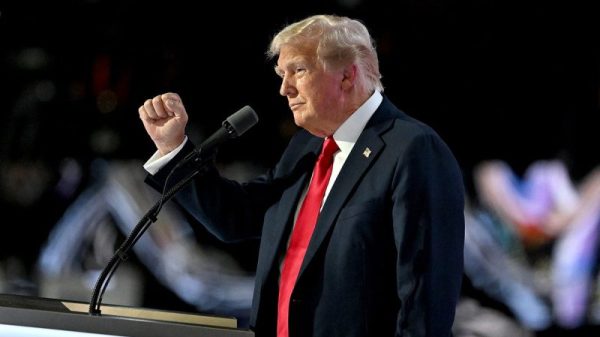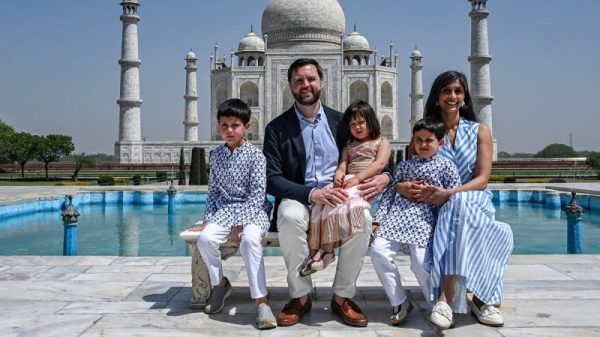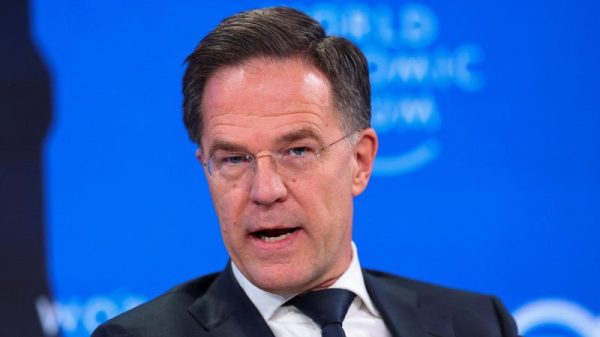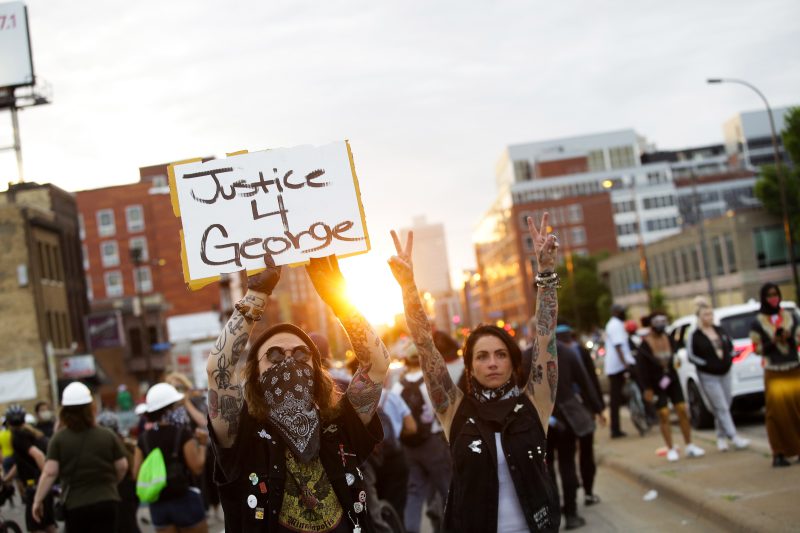In recent months, the world has witnessed a wave of civil unrest sparked by the tragic death of George Floyd, an African American man killed by a white police officer in Minneapolis. As protests spread across the United States and internationally, leaders at both the state and national levels have faced intense scrutiny for their handling of the crisis.
One such leader under the spotlight is Governor Walz of Minnesota, where George Floyd’s death took place. Governor Walz has been at the forefront of managing the protests in his state, navigating a delicate balance between respecting the right to peaceful assembly and maintaining public safety. However, his handling of the situation has drawn fresh scrutiny and criticism from various quarters.
One of the key criticisms leveled against Governor Walz is his response to the initial outbreak of violence and looting that occurred alongside the peaceful protests. Some critics argue that Walz failed to act decisively and deploy sufficient law enforcement resources to contain the unrest, resulting in widespread damage to property and businesses in Minneapolis and other cities across the state.
Moreover, Governor Walz’s decision to mobilize the National Guard to quell the protests has also come under fire. While some view the deployment of the National Guard as a necessary measure to restore order and protect communities, others criticize Walz for resorting to what they perceive as excessive militarization and heavy-handed tactics that could further escalate tensions and alienate protesters.
In addition to his handling of the immediate crisis, Governor Walz has faced scrutiny for his broader response to issues of racial injustice and police brutality. Critics argue that Walz has not done enough to address systemic racism and inequality in Minnesota, pointing to disparities in policing, education, and healthcare that disproportionately affect communities of color.
Despite the criticisms and challenges he has faced, Governor Walz remains committed to fostering dialogue and implementing meaningful reforms to address the root causes of the protests. He has called for police accountability measures, such as banning chokeholds and improving training, as well as initiatives to promote economic and social equity in the state.
As Governor Walz continues to navigate the ongoing crisis and work towards building a more just and inclusive society, the scrutiny on his leadership will only intensify. Ultimately, the way he addresses the concerns and grievances of his constituents, especially those from marginalized communities, will determine his legacy as a leader during these turbulent times.






















